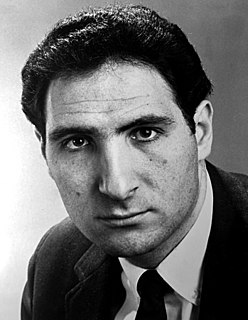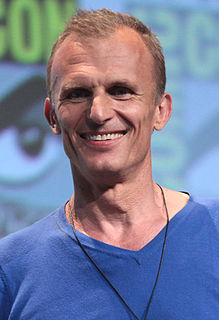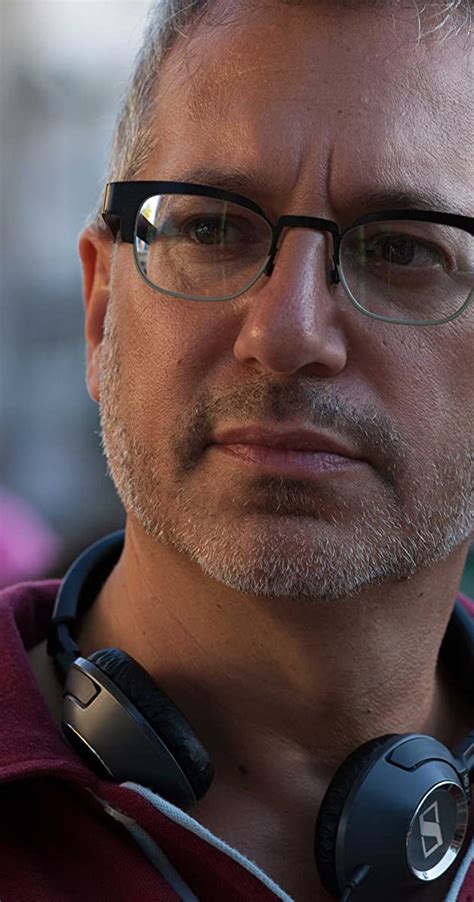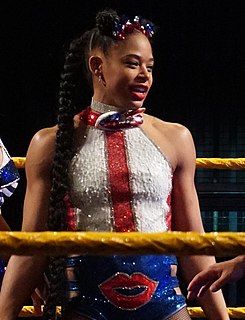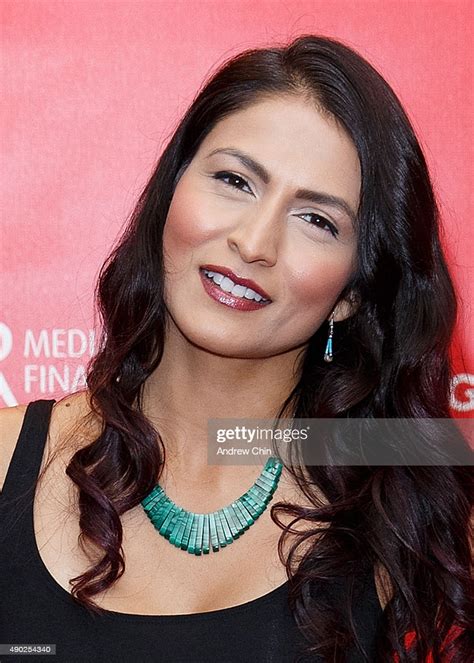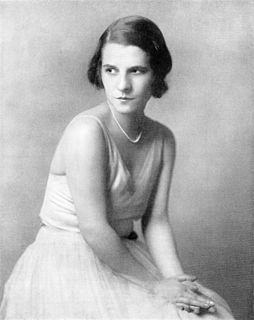A Quote by Billy Crystal
There used to be that you only had four or five critics that you would look to for intelligent conversation, but now there are millions of people who can just press 'send,' and everyone's got an opinion even if no one cares what they say. It makes things a little bit tougher.
Related Quotes
I used to get great press. I get the worst press. I get such dishonest reporting with the media. I've never had anything like it before. It happened during the primaries, and I said, you know, when I won, I said, "Well the one thing good is now I'll get good press." And it got worse. So that was one thing that a little bit of a surprise to me. I thought the press would become better, and it actually, in my opinion, got more nasty.
It's hard to say conversation has become a minimal thing, because look at the rise of mobile communications in the last 10 years. It used to be only the President had a mobile phone. Now everyone on earth, even if they have nothing else, they have a cell phone. It's a larger anthropological shift in my mind than even the tattoo age in the United States.
Everyone used to chuck snails at each other at school, and I used to try and save them. And not only did I get in trouble for it, I got suspended for doing it. For saving the snails I kept about four or five hundred of them at the back of the class -- in Snail Land. We were like six or seven or something, people didn't even realise what they were doing. I had a strange compassion for snails. And the teacher just chucked them all in the trash in the end.
I was not going to be an actor. I was an engineer in physics. That's what I did: I graduated with a physics degree, and I had become a little bit distressed that I'd have to work for somebody - anybody! And I thought, "I'm not going to make a mark on anything. If I can't express myself, then I don't know what the heck I'm going to do with this life." I think it was just one of those germs that said, "No, no, no, you've got to say things. You've got to tell people things. You've got to express your opinion in this life, because that's how you started."
You find very few critics who approach their job with a combination of information and enthusiasm and humility that makes for a good critic. But there is nothing wrong with critics as long as people don't pay any attention to them. I mean, nobody wants to put them out of a job and a good critic is not necessarily a dead critic. It's just that people take what a critic says as a fact rather than an opinion, and you have to know whether the opinion of the critic is informed or uninformed, intelligent of stupid -- but most people don't take the trouble.
I think people were a little bit too concerned about what I would or would not be allowed to say. So let me just get that out of the way and get on to the business of telling, you know, a story, or two, or three, or 15. And also to say, "Okay, look. Here it is, don't worry about it. The restrictions and the watered-down and all the stuff that you thought was gonna happen really isn't the case." So we done got that out the way, and now we can just kind of move on.
I think people are having less of an investment in relationships. It used to be that you meet someone, you go on four or five dates and you gradually get to know them and trust them at the same time, and you learn a little bit about them. Now, it could be one date - maybe even before that first date - you go on Facebook have all the information.
I always say that one of my main goals - I look up to the Four Horsewomen. When I was in NXT, I remember just looking at the Four Horsewomen and standing in in the locker room thinking like, Wow, they used to be here in the same spot that I'm at, and now they're on Raw, and they're on SmackDown. They're doing these amazing things.
I just read that one scene for Emily in New Moon, and it was pretty simple and straightforward. They liked that I did it really natural. They were like, "That was great!," even with what little I had. Sometimes just having those little scenes are a lot tougher than if you have five pages because you have to go from 0 to 100 in a snap.




